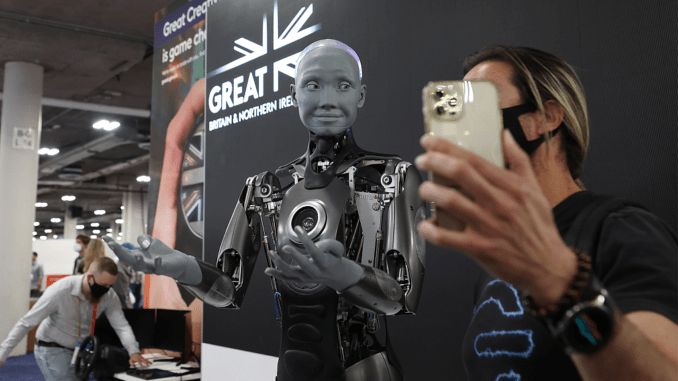
At the end of last year, the General Conference of the United Nations Educational, Scientific and Cultural Organization adopted the Recommendation on the Ethics of Artificial Intelligence as the first global standard-setting instrument responding to the ethical concerns related to artificial intelligence (AI). This recommendation must strongly be welcome, because – albeit legally non-binding – it reflects an emerging global consensus on the ethical concerns raised and serious risks caused by AI. Most of all, it recognizes the need to work on global solutions to this problem of fundamental importance for present and future generations.
The UNESCO recommendation can also help address a wider range of fundamental contemporary problems best characterized by the so-called paradox of our times formulated by political scientist David Held. This paradox highlights the fact that the most serious collective issues are of a global nature while they are usually addressed only locally. The same paradox is visible in the absence of serious global debates and concrete initiatives about a large number of other existential issues, such as the global COVID-19 pandemic, climate change, the decline in the global rule of law, the reform of the World Trade Organization (WTO), global taxation and a growing inequality.
